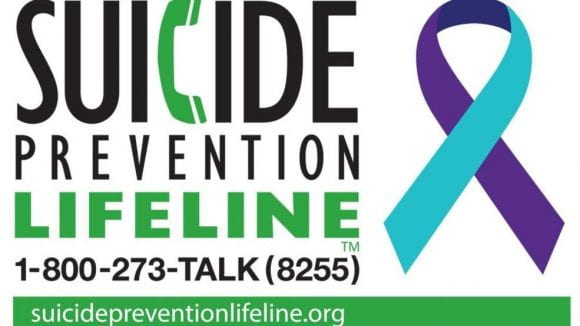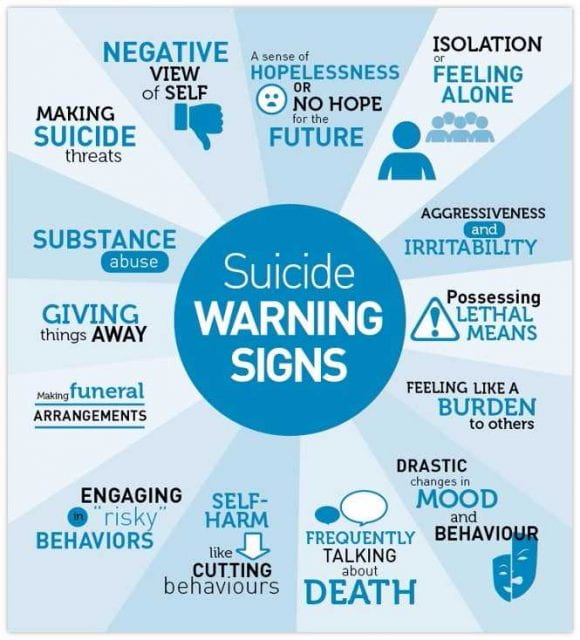The relationship between mental illness and causation of crime has been a popular topic among forensic psychiatrists and the justice system. Pin pointing a direct cause for problematic behavior is mostly caused by a varying degree of personality disorders within legal contexts. Personality disorders are defined as, “a type of mental disorder in which you have a rigid and unhealthy pattern of thinking, functioning, and behaving (Mayo Clinic, 2016).” Furthermore, the Criminology Resource Center explains criminal behavior in relation to four criteria: “First, the act is prohibited by law and punished by the state. Next, it is considered to violate a moral or religious code and is considered punishable by a supreme spiritual being. Third, the act violates norms of society or tradition and it punishable by a community. Finally, it causes serious psychological stress of mental damage to the victim (Regis, 2017).” The context within this blog entry will address how personality disorders are implicated in forensic cases, as well as analyze how such disorders are viewed in different legal contexts (Johnson & Elbogen, 2013).
The evaluation process of different mental disorders is not viewed equally through forensic law. At which point should flawed personality traits be considered an illness by a certified psychiatric diagnosis? When is a personality disorder considered to cross the line into becoming an abnormal or severe condition? Relatively, the Diagnostic and Statistical Manual of Mental Disorders (DSM) is used to systematically organize diagnostic categories of certain mental disorders. Individuals must meet established criterion in order to be legally classified with that particular ailment. The DSM6’s definition of personality traits as, “ensuring patterns of perceiving, relating to, and thinking about the environment and one’s self that are exhibited in a wide range of social and personal contexts (Johnson & Elbogen, 2013).” Relatively, personality traits are considered to be mental disorders (clinically and by the law) IF they show a precedence of impairments to overall functioning, resemble faulty adaptive constituents, and present distress on a continuum. In many cases, mental illnesses can revise the definition of the law relevant to particular criminal and civil aspects. Clinical Neuroscience report declares that, “classification and specific definitions of personality disorders can have a major impact on how and when they serve as modifiers [for the law] (Johnson & Elbogen, 2013).” Conclusively, the legal system’s perception of understanding the relationship between mental health and law is determined by considering the different mechanisms of functional impairment relative to a specific person.
Personality disorders play a significant role in legal assessments of criminal behavior. Clinical conceptions of personality disorders attempt to explain the criminal justice system. Additionally, the role of mental health in varying testimonies is determined by the severity of functional impairment as a causative agent of criminal behavior and other social controversies. Mental illness has been considered the key to understanding and potentially eradicating crime. What is the current state of acceptance for assessing personality disorders within a forensic context? Essentially, the law develops a basis for which personality disorders hold practical significance for litigations within the court of justice. Clinical Neuroscience justifies the code of law as, “a system that must be applicable across diverse situations and populations (Johnson & Elbogen).” Additionally, the law addresses the impact that these disorders may have on individual’s behavioral constituents, as well as implicating that people are responsible for their own actions. Where does the jury draw the line on what is tolerated or accepted behavior, or what crosses into a realm of symptoms from psychological distress? Psychiatric components and the law describe behavior as either “within or outside the norm, and define behavior as acceptable or not.”
Personality disorders are affected by various social pressures and societal means. Additionally, mental illness is a huge topic of interest in the study of criminal forensics because it reflects various causation principles for problematic behaviors. It is crucial that the criminal justice system assesses the importance and reality of impaired mental health and its impact on behavior. Although, the law must be consistent with their definition of mental illness as some criminals may claim to be mentally unstable as an excuse for their wrongdoings. Contrarily, areas with increased crime rates typically have a high prevalence of personality dysfunction (Johnson & Elbogen, 2013). In conclusion, mental health explains various concepts which underlie acts of criminal offense. Forensic psychopathology is influenced by various neurological systems that coincide with discrepancies for the human mind, which results in the prevalence of certain behavioral traits.
APA CITATIONS
Johnson, S. C., Elbogen, E. B. (2013, June). Personality Disorders at the Interface of Psychiatry and the Law: Legal Use and Clinical Classification. Retrieved from https://www.ncbi.nlm.nih.gov/pmc/articles/PMC3811091/
Regis. (2017, January 6). What is the definition of criminal behavior? Retrieved March 3, 2017, from http://criminology.regis.edu/criminology-programs/resources/crim-articles/definition-criminal-behavior
Clinic, M. (2016). Mayoclinic. Retrieved from http://www.mayoclinic.org/diseases-conditions/personality-disorders/home/ovc-20247654



